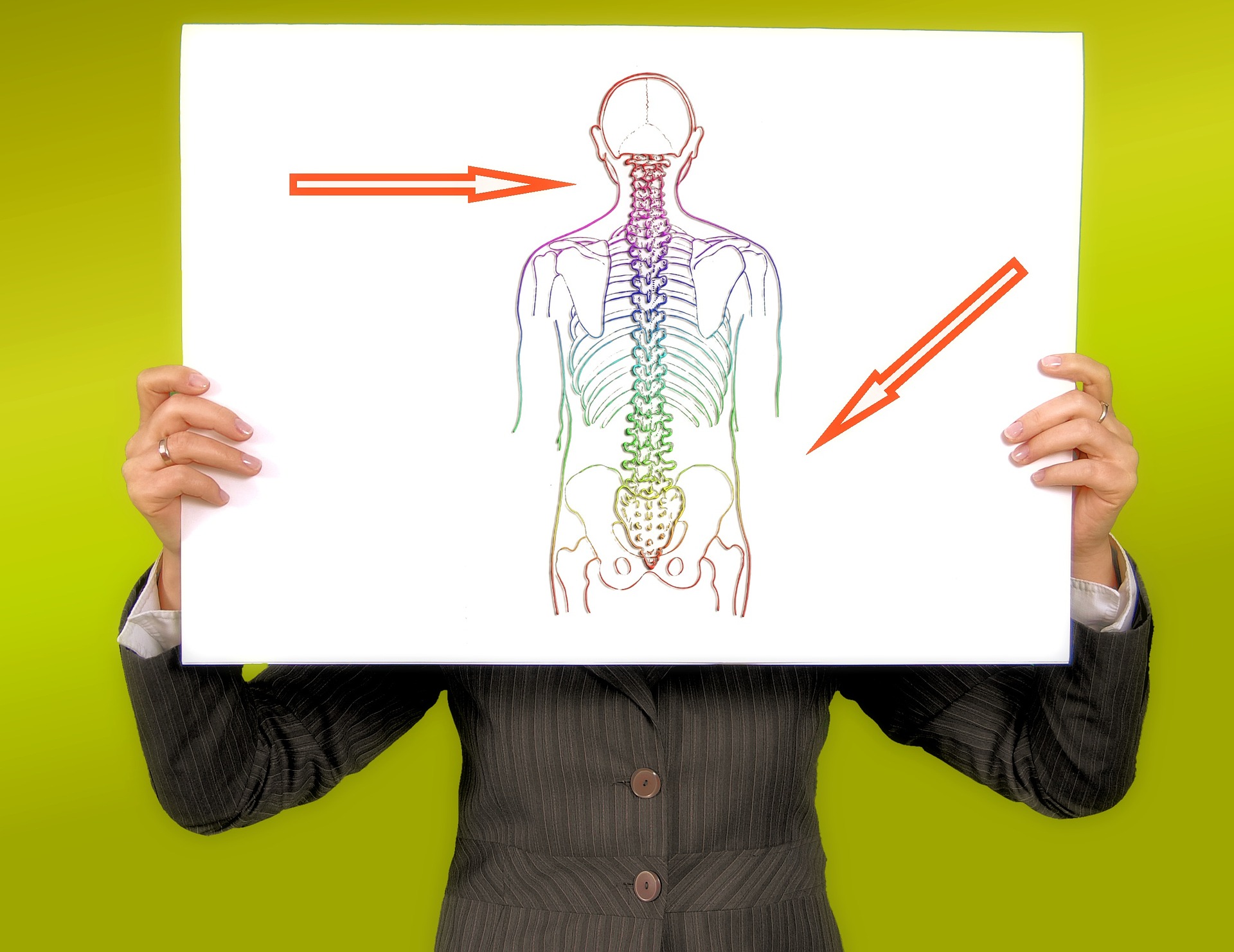
12 Dec Can Osteoporosis Affect Your Teeth?
Can osteoporosis affect your teeth? Your mouth may not be the first thing you consider when you think of keeping your bones healthy as you age, but your jaw bones are vital—they hold your teeth in place, afterall. As we have been discussing in some of our recent blog posts, the mouth is inextricably connected to your overall health, and it’s no different when it comes to bone health. Osteoporosis has a significant impact on oral health and dental bones. This is one of the many reasons it is so important to visit us here at Hicks Dental Group in Prescott every six months for a cleaning and an exam.
What is osteoporosis?
Osteoporosis is a disease that weakens bones by reducing their density. The bones become weak and brittle to the point that a fall or even something like bending over or coughing can cause a fracture. It can affect anyone at any age, but the majority of those with osteoporosis are women over the age of 50.
Your Dentist and Osteoporosis
Your dentist may be the first person to notice signs of osteoporosis. Researchers have discovered that dental x-rays can show low bone mineral density, which is an indicator for osteoporosis.
They may also notice symptoms of tooth loss or gum disease that indicate the early stages of osteoporosis. Your medical history provides valuable information that may help your dentist identify possible osteoporosis, including risk factors such as genetics, calcium deficiency, smoking, menopause, excessive caffeine or alcohol intake and an inactive lifestyle.
Most people with osteoporosis do not receive a diagnosis until they actually fracture a bone. Because many people visit their dentist more often than they visit their doctor, dentists are often the ones to initially identify low bone density. For these reasons, it’s important to visit your dentist every six months and provide a complete medical history, including medications you’re taking, even if you don’t think it relates to your oral health.
How Osteoporosis Affects Your Teeth
- Jaw bone loss. Comparisons of current and previous dental x-rays may reveal a decrease in jawbone density. Bone loss in the jaw may indicate bone loss in other parts of the body as well.
- Tooth loss. Low bone mineral density can cause tooth loss because the jaw bone holds the teeth in place.
- Loose or ill-fitting dentures. If bone loss becomes advanced enough, it may be impossible to fit dentures. Without the help of dentures for chewing, older patients may experience severe nutritional deficiencies.
- Gum disease. Gum disease contributes to bone loss, and may provide valuable information in diagnosing an underlying disease such as osteoporosis.
Preventing Osteoporosis
Prevention is pivotal in maintaining both your oral and overall health. Starting early is key. Here are some of the most effective ways to prevent osteoporosis:
- Get adequate amounts of calcium and vitamin D each day
- Exercise (especially weight-bearing exercises)
- Eliminate tobacco use
- Cut back on caffeine and alcohol
Medications
If you’re already being treated for osteoporosis, let your dentist know what medications you’re taking because they might impact your dental care.
Contact Us
At Hicks Dental Group in Prescott, our goal is to see your dental health stay strong as part of living an overall healthy life. Keeping up with your twice-yearly dental appointments is an important component of that. Call us today to schedule your next cleaning.
Image used under creative commons license – commercial use (12/12/20)
Photo by kalhh from Pixabay

